Daily Mail journalists select and curate the products that feature on our site. If you make a purchase via links on this page we will earn commission – learn more
Whether you’re packing your kids’ lunches the night before, or waking up early to decide what goes into those empty lunchboxes each morning, the goal is always to come up with a packable lunch they’ll actually eat – and that’s fairly balanced in terms of protein, carbs and fibre. And, of course, that includes a snack.
But packing a nutritious snack that won’t get left uneaten in the lunchbox – and will keep your kids fuelled for the afternoon – is no easy feat. Especially when you’re faced with all the choices in the supermarket aisles. Below, we asked Dr Federica Amati, head nutritionist at ZOE, to rank 15 of the most popular ready-to-eat lunchbox snacks.

Dr Federica Amati is the Head Nutritionist at ZOE
15 of the most popular lunchbox snacks ranked, from best to worst 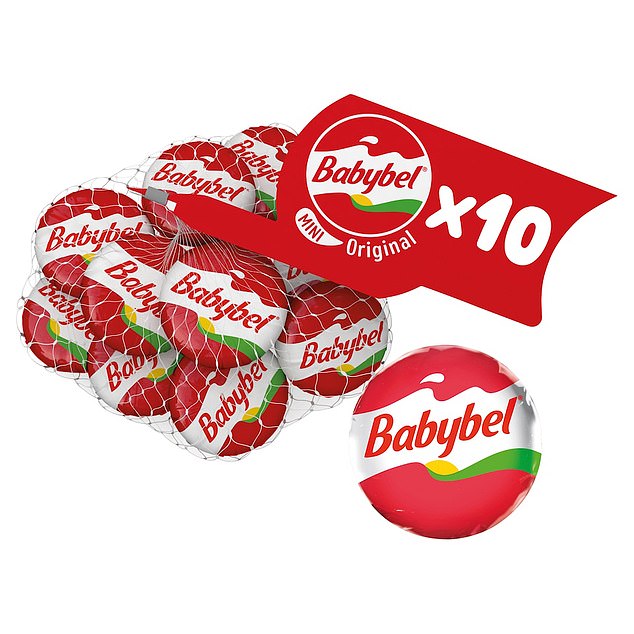
These are additive-free, no-risk processed foods. Each Babybel contains 4 g of protein and 10% of your daily calcium. Whilst they’re not a fermented dairy powerhouse like parmesan or a traditional cheddar, they’re absolutely fine to have.
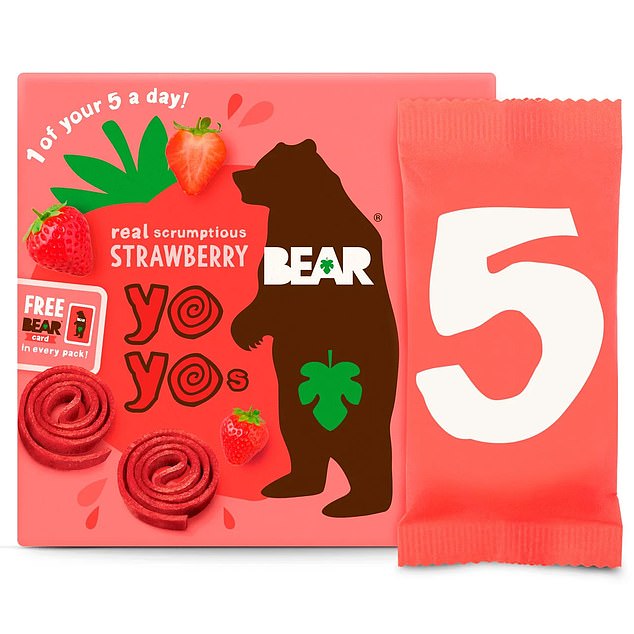
The good news is that these have no added sugar, concentrates, or artificial ingredients, and they contain gut-friendly fibre. However, they shouldn’t replace whole, fresh fruit. A single 20-g portion contains around 8.4 g of sugar, which is naturally occurring, but because it’s in dried fruit, it’s more concentrated and can contribute to tooth decay. Instead, opt for fresh fruit where possible.
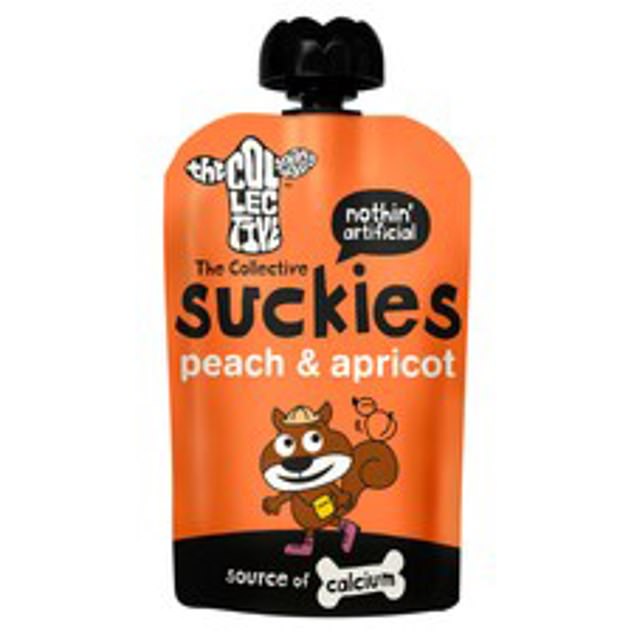
This yoghurt drink contains two live cultures, which may help support your community of ‘good’ gut bacteria. But because each pouch contains 6.2 g of sugar, you’d be better off going for plain kefir and whole fruits. As far as children’s yoghurts go, these can be handy if you’re on the move.
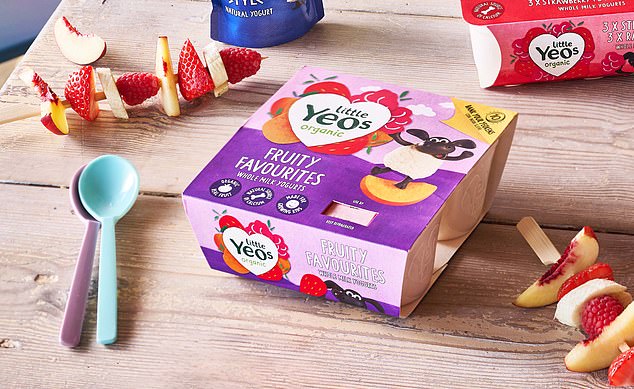
Made with organic whole milk and real fruit purée, this product contains live cultures and is a good source of calcium. However, it still contains 6.9 g of sugar per pot. A plain full-fat yogurt with fresh fruit would be a much better option, as it has no added sugars, or stirring in a little bit of honey and some fresh fruit could work too.
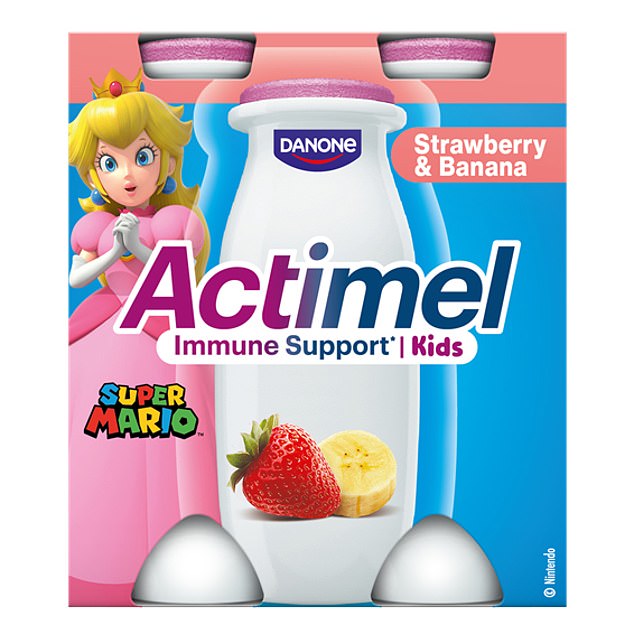
Packaged to drive ‘pester power’, don’t be fooled by the health claims in this yoghurt drink. It contains 8.5 g of sugar per serving — the highest levels in the yoghurt products the team at ZOE reviewed.
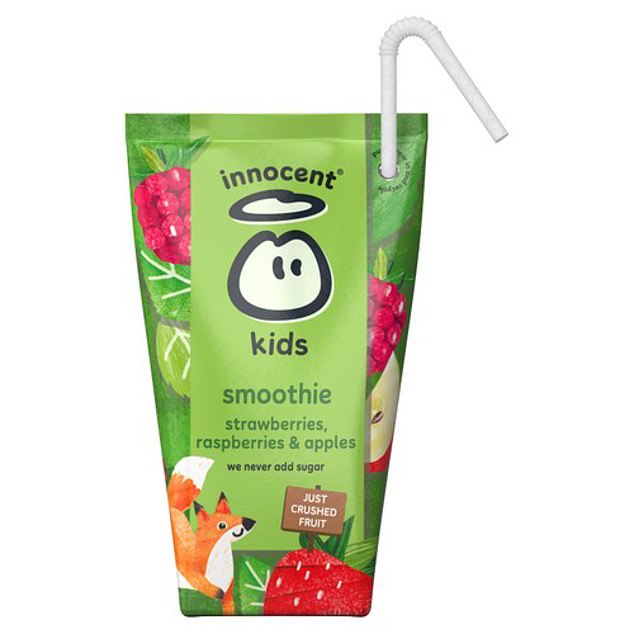
This smoothie is made purely from fruits, which is certainly a good thing, but it still has very little fibre to feed your gut microbiome compared with a homemade smoothie, and contains a moderate amount of sugar (10g per 100ml).
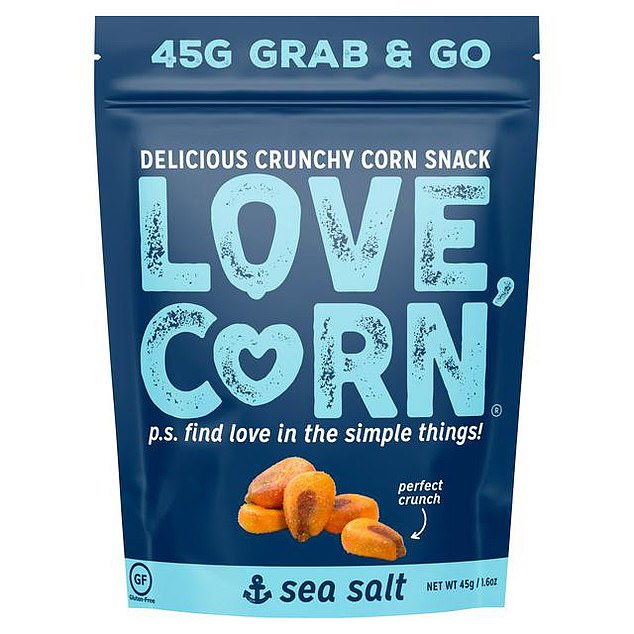
Although made from corn, this snack is low in fibre, so it likely won’t keep your kids full for very long. It also contains a medium amount of salt (0.7 g per portion). Fresh veggies are always a more nutritious option or popcorn which contains more fibre!
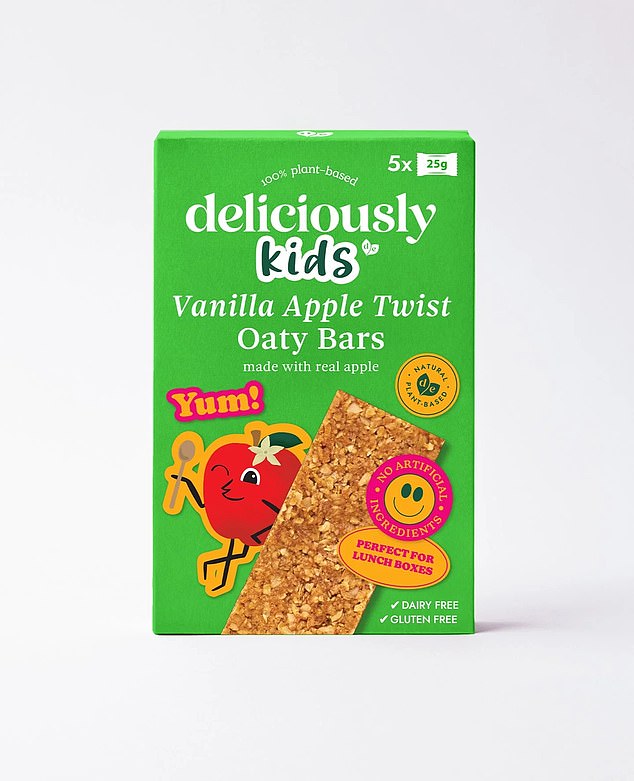
The wholegrain oats in this product help to provide slow-release energy and are a source of fibre, but watch out for the sugar content. Even though the sugar is from natural sources, it’s still moderately high.
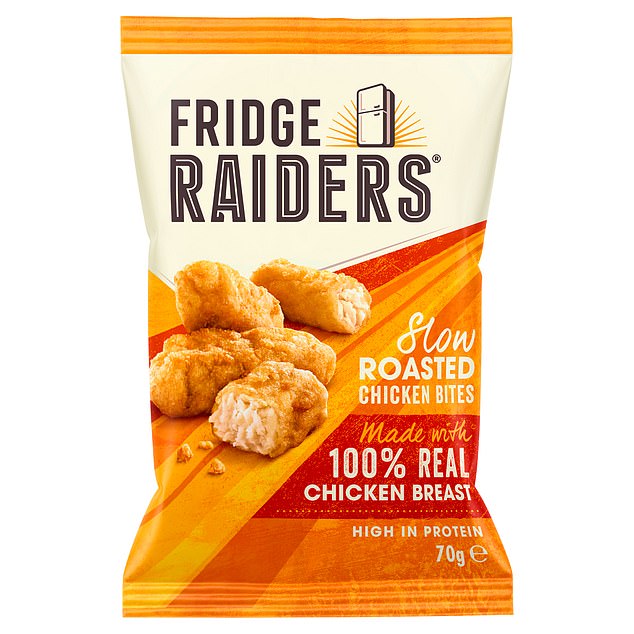
With a long ingredients list, this snack is far from ‘just chicken’. It is a good source of protein, but beware the number of additives and high salt content at 1.1g per 70 g pack.
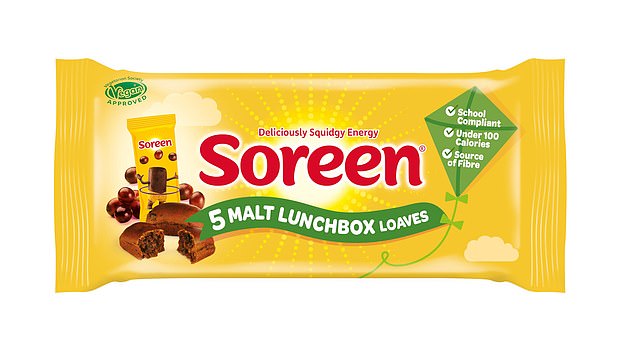
Soreen contains several food additives and is hyperpalatable, which means you’re more likely to overeat it due to its texture and sweetness. Consider it an occasional food, not a regular lunchbox staple like the name suggests. Although Soreen contains iron, niacin and thiamin, it is better to get these from whole foods, such as leafy greens and legumes for iron, and nuts and seeds for niacin and thiamin.
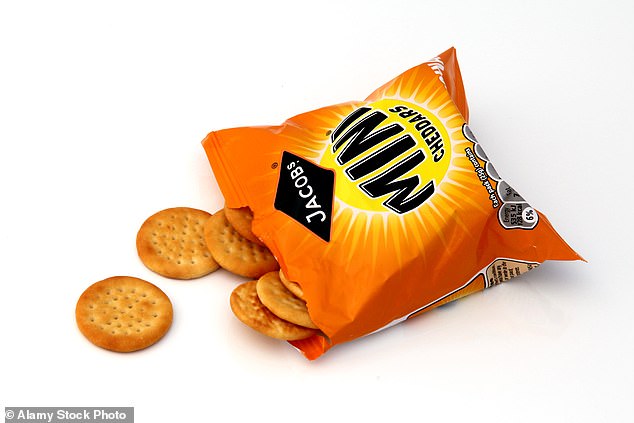
Mini cheddars provide no nutritional benefits whatsoever. They also contain small amounts of saturated fat (3.3 g per 23 g pack).
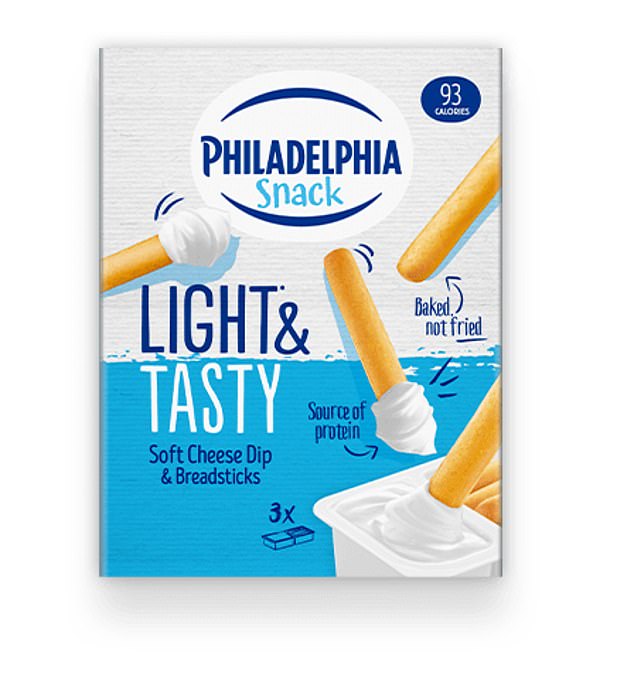
Don’t be fooled by the ‘light’ label; this product contains several additives, including emulsifiers which could have a negative impact on the gut microbiome, 13.5% of your recommended daily saturated fat, and won’t be health-promoting in the same way as other cheeses or yoghurts can be.
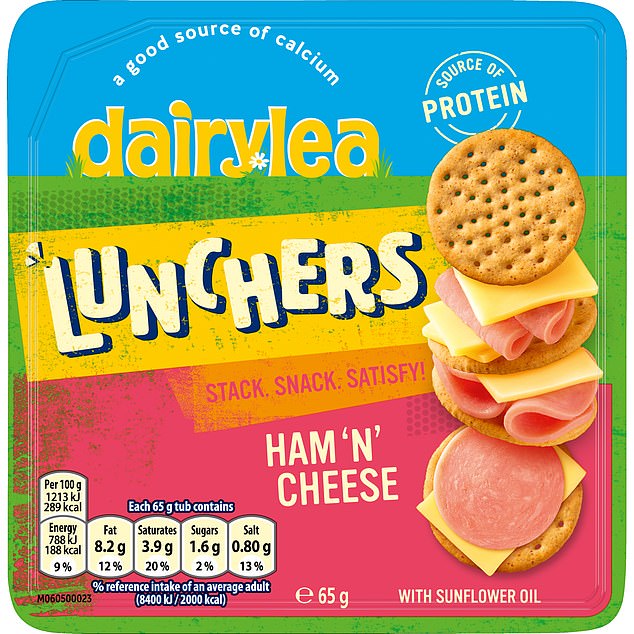
This factory-made meal is a combination of processed ham, cheese spread, and crackers. It’s high in salt and saturated fat, with a single portion containing 20% of your daily intake. It offers very little in the way of nutrition and the processed meat is considered a class I carcinogen, not the preferred source of animal protein for children.
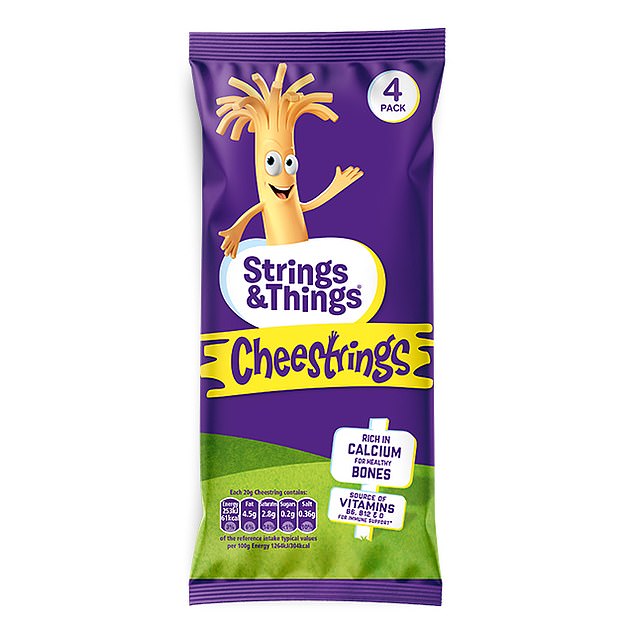
This snack contains Vitamin D, B12 and 20% of your daily calcium. But it doesn’t contain any whole food ingredients and has a high salt content (4.6 g per portion). Much better off to eat some mozzarella, cheddar or parmesan if your little one likes cheese.

This highly processed meat snack is another example of a food that would be classified as a class I carcinogen and is packed with saturated fat and salt, making it an unsuitable and unhealthy choice for children or for a lunchbox. Cubed cheese, nuts, some tinned fish, lean meat or hummus with veggie sticks are much better, healthier alternatives.
